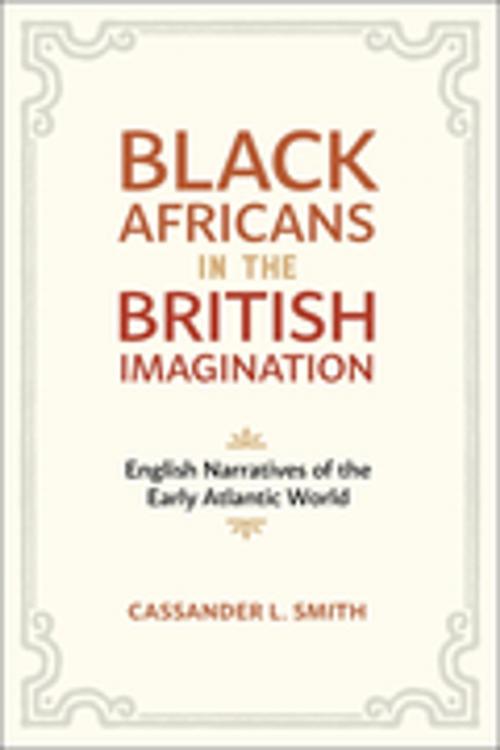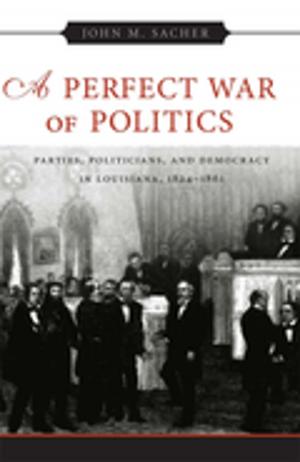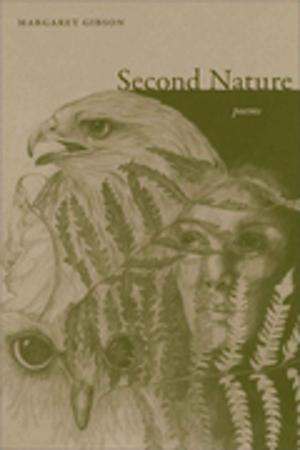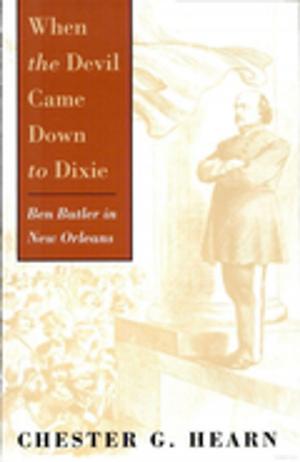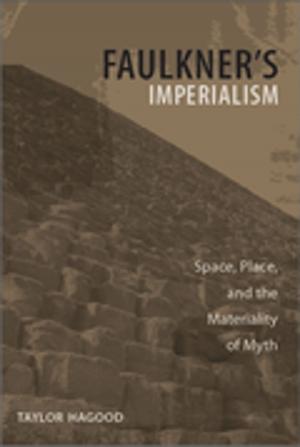Black Africans in the British Imagination
English Narratives of the Early Atlantic World
Fiction & Literature, Literary Theory & Criticism, Central & South American| Author: | Cassander L. Smith | ISBN: | 9780807163863 |
| Publisher: | LSU Press | Publication: | December 14, 2016 |
| Imprint: | LSU Press | Language: | English |
| Author: | Cassander L. Smith |
| ISBN: | 9780807163863 |
| Publisher: | LSU Press |
| Publication: | December 14, 2016 |
| Imprint: | LSU Press |
| Language: | English |
As Spain and England vied for dominance of the Atlantic world during the sixteenth and seventeenth centuries, mounting political and religious tensions between the two empires raised a troubling specter for contemporary British writers attempting to justify early English imperial efforts. Specifically, these writers focused on encounters with black Africans throughout the Atlantic world, attempting to use these points of contact to articulate and defend England’s global ambitions. In Black Africans in the British Imagination, Cassander L. Smith investigates how the physical presence of black Africans both enabled and disrupted English literary responses to Spanish imperialism. By examining the extent to which this population helped to shape early English narratives, from political pamphlets to travelogues, Smith offers new perspectives on the literary, social, and political impact of black Africans in the early Atlantic world.
With detailed analysis of the earliest English-language accounts from the Atlantic world, including writings by Sir Francis Drake, Sir Walter Ralegh, and Richard Ligon, Smith approaches contact narratives from the perspective of black Africans, recovering figures often relegated to the margins. This interdisciplinary study explores understandings of race and cross-cultural interaction and revises notions of whiteness, blackness, and indigeneity. Smith reveals the extent to which contact with black Africans impeded English efforts to stigmatize the Spanish empire as villainous and to malign Spain’s administration of its colonies. In addition, her study illustrates how black presences influenced the narrative choices of European (and later Euro-American) writers, providing a more nuanced understanding of black Africans’ role in contemporary literary productions of the region.
As Spain and England vied for dominance of the Atlantic world during the sixteenth and seventeenth centuries, mounting political and religious tensions between the two empires raised a troubling specter for contemporary British writers attempting to justify early English imperial efforts. Specifically, these writers focused on encounters with black Africans throughout the Atlantic world, attempting to use these points of contact to articulate and defend England’s global ambitions. In Black Africans in the British Imagination, Cassander L. Smith investigates how the physical presence of black Africans both enabled and disrupted English literary responses to Spanish imperialism. By examining the extent to which this population helped to shape early English narratives, from political pamphlets to travelogues, Smith offers new perspectives on the literary, social, and political impact of black Africans in the early Atlantic world.
With detailed analysis of the earliest English-language accounts from the Atlantic world, including writings by Sir Francis Drake, Sir Walter Ralegh, and Richard Ligon, Smith approaches contact narratives from the perspective of black Africans, recovering figures often relegated to the margins. This interdisciplinary study explores understandings of race and cross-cultural interaction and revises notions of whiteness, blackness, and indigeneity. Smith reveals the extent to which contact with black Africans impeded English efforts to stigmatize the Spanish empire as villainous and to malign Spain’s administration of its colonies. In addition, her study illustrates how black presences influenced the narrative choices of European (and later Euro-American) writers, providing a more nuanced understanding of black Africans’ role in contemporary literary productions of the region.
